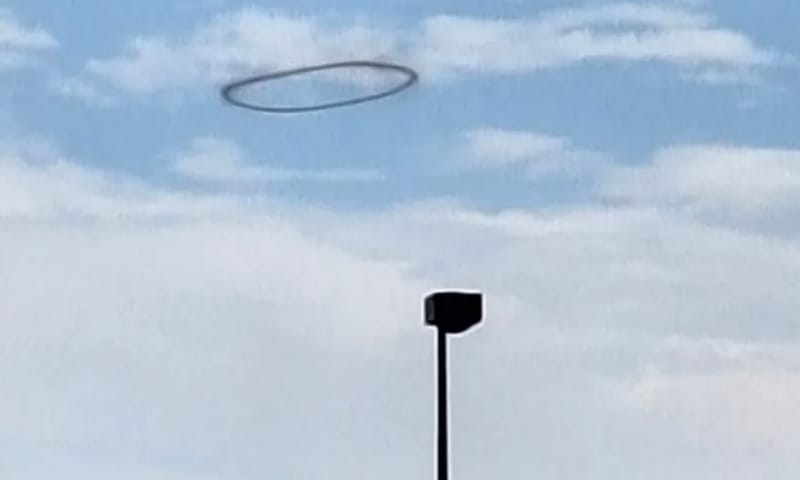Federal Judge Orders Virginia to Restore Over 1,600 Voter Registrations Amid Controversy Over Non-Citizen Voting Rights
In a significant ruling on October 25, 2024, U.S. District Judge Patricia Giles has ordered Virginia to reinstate more than 1,600 voter registrations, which were canceled as part of an initiative aimed at purging non-citizens from the state's voting rolls. This decision comes in the wake
In a significant ruling on October 25, 2024, U.S. District Judge Patricia Giles has ordered Virginia to reinstate more than 1,600 voter registrations, which were canceled as part of an initiative aimed at purging non-citizens from the state's voting rolls. This decision comes in the wake of a lawsuit filed by the Justice Department against Virginia, challenging the state's actions under Governor Glenn Youngkin's executive order.
The case highlights ongoing tensions between efforts to ensure election integrity and concerns over voter suppression. Governor Youngkin's administration had canceled these registrations, asserting the individuals were non-U.S. citizens, an action that was part of broader efforts to maintain the purity of the voter rolls. However, the Justice Department, alongside groups like the League of Women Voters, argued that many of these registrations were canceled due to clerical errors, mischecked boxes on forms, or other bureaucratic mistakes, potentially disenfranchising U.S. citizens.
Let’s be clear about what just happened: only eleven days before a Presidential election, a federal judge ordered Virginia to reinstate over 1,500 individuals–who self-identified themselves as noncitizens–back onto the voter rolls. https://t.co/QwloK1Sxr4
— Glenn Youngkin (@GlennYoungkin) October 25, 2024
Judge Giles's injunction focuses on the timing of these purges, occurring during what's known as the "90-day quiet period" before an election, a time when significant changes to voter rolls are legally restricted to prevent last-minute disenfranchisement. While not completely barring the removal of non-citizens from voter rolls, Giles emphasized that such actions must be conducted on an individual basis rather than the systematic approach employed by Virginia.
The ruling has stirred a mix of reactions. Critics of the purge, including civil rights organizations and some X users, have celebrated the decision, arguing it protects legitimate voters from wrongful disenfranchisement. They point to instances where natural-born or naturalized citizens were mistakenly flagged, illustrating the potential for human error in such broad-brush efforts.
On the other side, supporters of tighter voter roll controls, including Governor Youngkin, have questioned the motives behind the Justice Department's lawsuit. They argue that maintaining strict voter eligibility protocols is crucial for the integrity of elections, with some expressing concern that this ruling could lead to non-citizens potentially voting, thereby affecting election outcomes.
The Virginia Attorney General's office has indicated an intent to appeal the ruling, setting the stage for further legal battles over voter rights and state powers in managing voter rolls. This case not only underscores the complexities of voter registration laws but also reflects broader national debates on voting rights, election integrity, and the balance between preventing non-citizen voting while ensuring all eligible citizens can exercise their right to vote.




